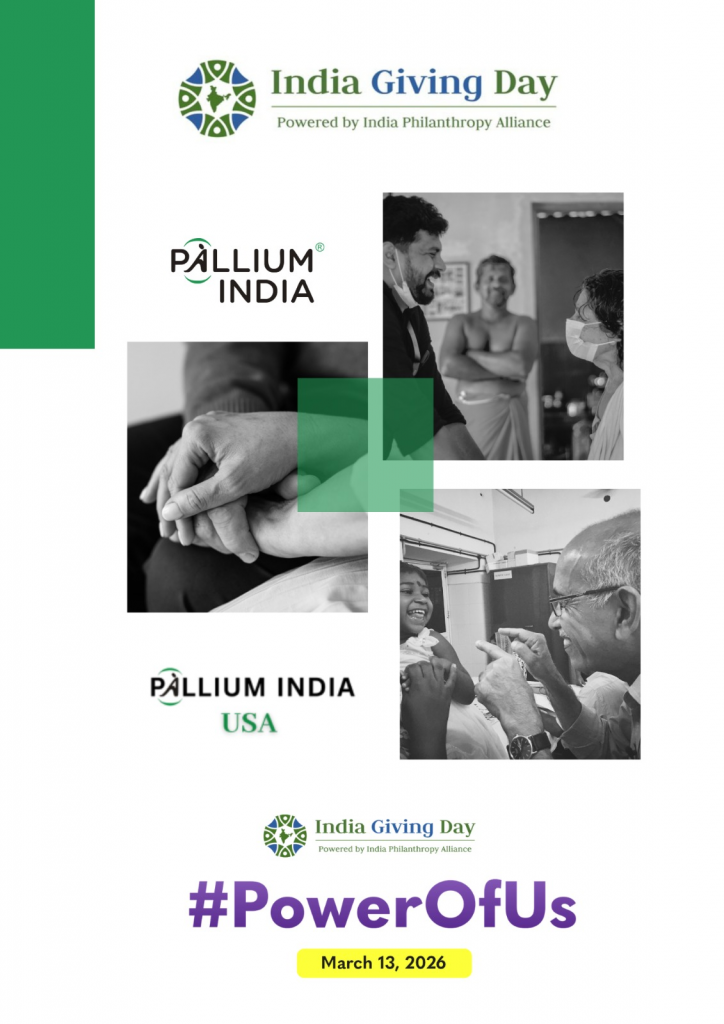How “high-tech” is too high-tech in palliative care?
Dr Rajagopal, Chairman of Pallium India, shares his experience in China:
There were 33 inpatients in the wards of palliative care at West China Fourth Hospital of Sichuan University. Perfectly neat and well appointed, the place had an unquestionably professional look. All patient data were electronic; and the staff – 11 physicians, 24 nurses, a social worker and a driver – looked competent. It was a privilege to go around with Professor Jinxiang Li and team, and what stays uppermost in my mind is the look on Mr Chan’s (not his real name) face, as he looked up from amidst the several tubes and cables that were around him.
Mr Chan was not alone. Many of the patients had multiple channel monitors connected to them, and total parenteral nutrition being given. It is easy to dismiss it all as too high-tech. But if we go deeper, there is food for thought there.

Dr Jinxiang Li
Often, palliative care is seen by patients and families as giving up hope. It should not be that way; but that is the way it turns out to be. What we see too often around us is that the patient is on high-tech aggressive oncology care one day and suddenly the next, he is stripped of it all and sent to passive inactivity as he sees it. The situation is not easy for a patient or family to accept. Should there not be an easier transition as Professor Li provides? If the person has been on aggressive care and desires to continue it, is it reasonable to expect him to give it all up on one day? Would he not need more time? It is unlikely that the busy oncology unit can facilitate the transition.
Maybe, if the palliative care unit is willing to accept the patient with whatever is going on, and then gradually facilitate transition and acceptance, perhaps things would be easier on the patient and on the family?
May be we should appreciate that Professor Li is trying out something new, and see if there are lessons to be learned there.
Thank you, Professor Li, for the privilege of being able to study your palliative care unit. I do hope we will soon see the day when palliative care reaches the whole of China. Best Wishes for that.






